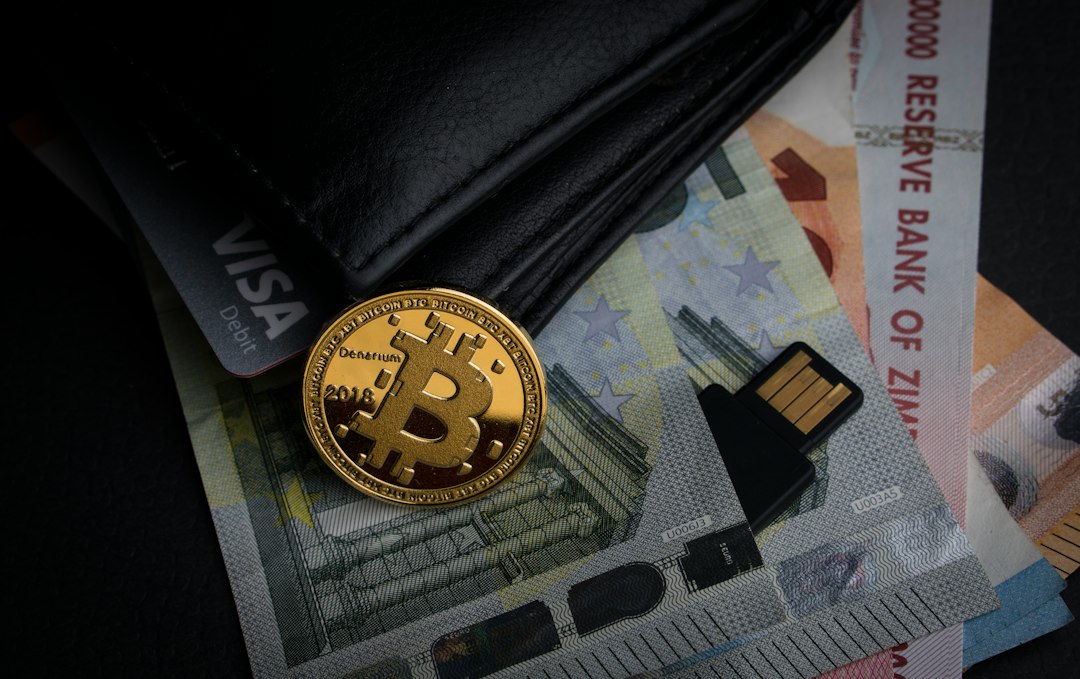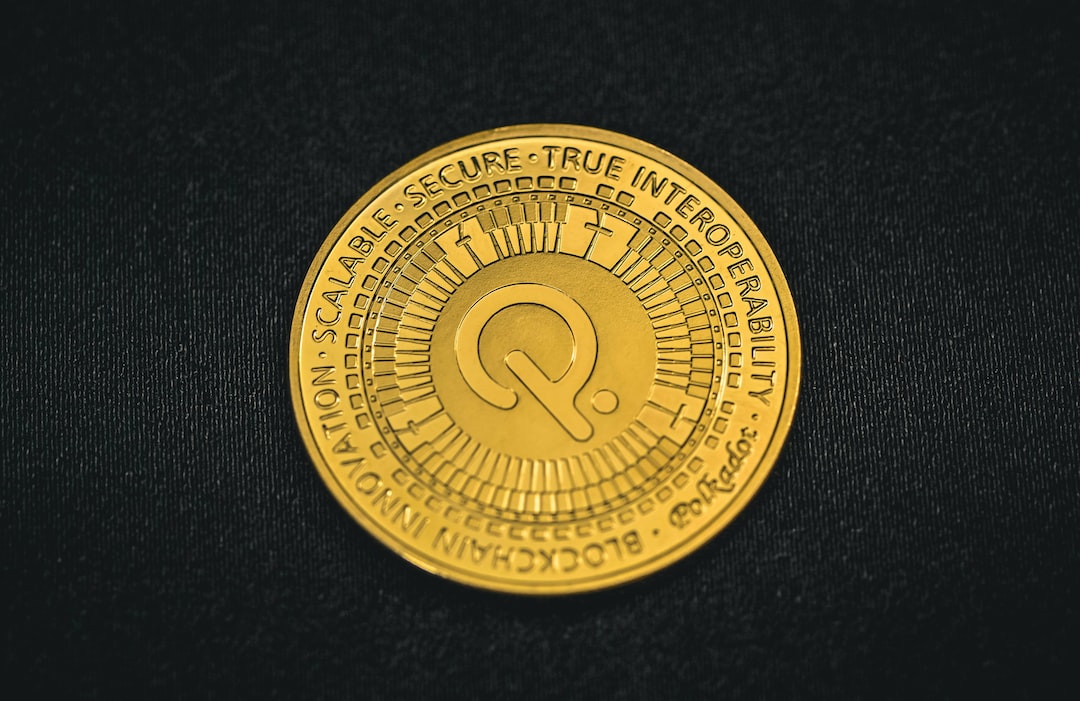The Potential Regulation of Virtual Asset Mixers in South Korea
South Korea’s Financial Services Commission (FSC) is considering implementing new regulations for virtual asset mixers, according to a report. The FSC is concerned that these mixers, originally designed to protect user privacy, are now being used for money laundering by hackers. The United States has also taken action against mixers, with the Treasury Department’s FinCEN announcing legislative notices last year to regulate them as money laundering services.
The Urgency of Regulation and the Need for International Cooperation
The need to regulate mixers was highlighted when a domestic blockchain company in South Korea experienced a hacking incident involving $81 million in virtual assets. To prevent cashing out of hacked virtual assets, it is important to block mixer-based transactions at exchanges. However, establishing a concrete regulatory framework may take time due to the cross-border nature of mixers and the need for international cooperation. The FSC acknowledges that the mixer issue requires a global approach.
Backlash from the Crypto Community
Similar reasons for cracking down on mixers, such as money laundering and lack of transparency, have led to backlash from the crypto community in the United States. Crypto think tank Coin Center filed a lawsuit against the Office of Foreign Assets Control (OFAC) for their actions against mixer Tornado Cash and its developers. Coin Center argues that these activities cannot be censored or blocked and exceed statutory authority.
The FSC’s Stance on US Bitcoin ETFs
In addition to addressing virtual asset mixers, the FSC has warned against South Korean securities firms brokerage of US spot Bitcoin Exchange-Traded Funds (ETFs). The FSC’s statement highlights the regulatory divergence between South Korea and the US regarding crypto ETFs. South Korea remains cautious and upholds restrictions on financial institutions from investing in virtual assets to protect the stability of its financial sector. The SEC’s decision to approve spot Bitcoin ETFs in the US will not immediately change South Korea’s current stance.
South Korea’s Strict Approach to Crypto Regulation
South Korea has a strict regulatory framework for cryptocurrencies. Digital currency is not recognized as a financial asset, and financial institutions have been banned from investing in crypto since 2017. The country’s Capital Markets Act excludes crypto from the scope of underlying assets for investment contract securities.
Hot Take: South Korea Considers Stricter Regulations for Virtual Asset Mixers and Maintains Caution on Crypto ETFs
The crypto industry is witnessing significant developments in South Korea. The Financial Services Commission (FSC) is actively reviewing the introduction of regulations for virtual asset mixers due to concerns about money laundering. This move aligns with global efforts to crack down on illicit activities involving cryptocurrencies. Additionally, the FSC maintains its caution regarding US spot Bitcoin Exchange-Traded Funds (ETFs), emphasizing the need to protect the stability of South Korea’s financial sector. These regulatory measures reflect South Korea’s strict approach to crypto regulation, setting an example for other countries grappling with similar challenges.





 By
By
 By
By

 By
By
 By
By
 By
By